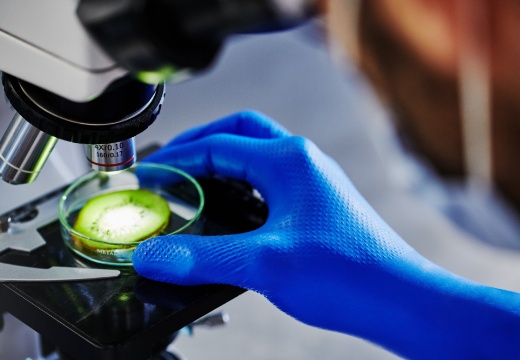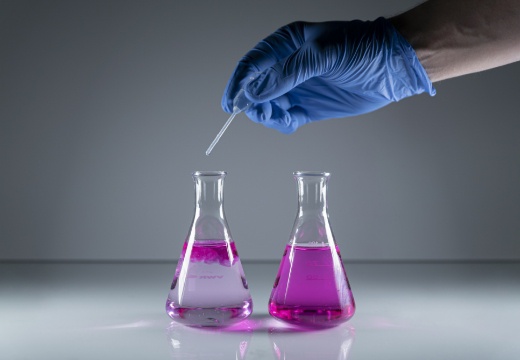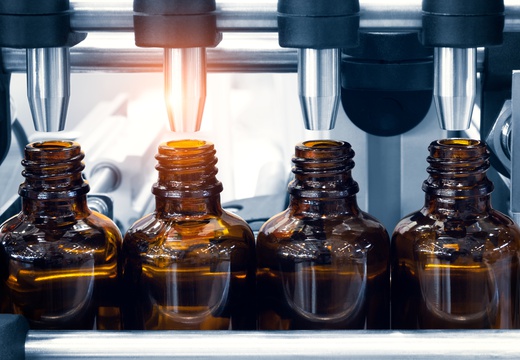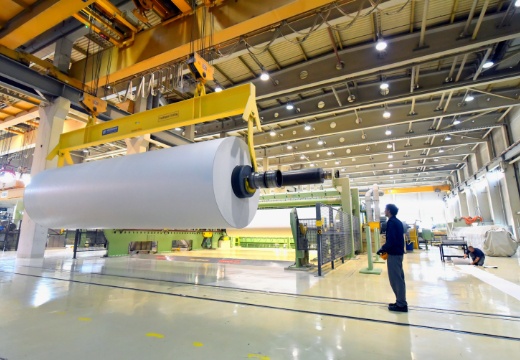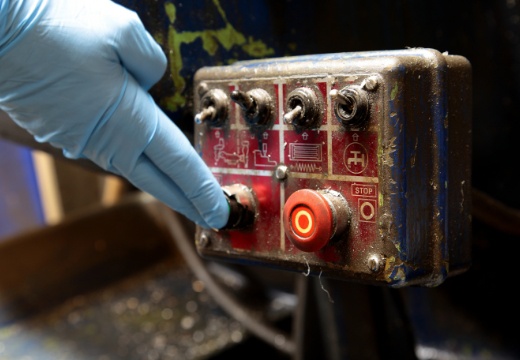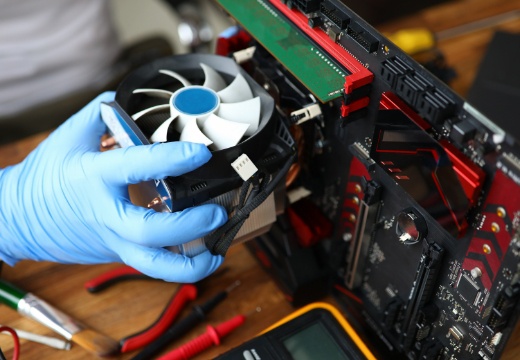Industry
Our hands are the basic tool for works performed in any industry, both light and heavy. It is our duty to protect them, because they help us to deal with everyday activities.
- Industrial laboratories
- Chemical industry
- Manufacture of cars and other vehicles
- Pharmaceutical industry
- Construction industry
- Paper and packaging industry
- Furniture industry
- Machinery and electrical machinery industry
- Electronics industry
- Other industries
Why are gloves so important?
Hands are the primary route for transmission of contaminants, microorganisms and substances that are harmful to health. An appropriate way of preventing irritation and infections in a heavy industry plant is to comply with relevant hygiene standards and to use appropriate protective gloves. It is also important to remember that gloves cannot replace hand disinfection as they do not always provide an impermeable barrier to chemicals and microorganisms.
Raw material
In the medical industry, the raw material used to make the gloves is particularly important, as many procedures require instruments that can mechanically damage the material. There are several types of raw materials used to manufacture gloves:
- Latex gloves:
The most popular medical gloves are made of natural rubber. This durable and flexible material provides excellent protection against blood-borne pathogens and some hazardous chemicals. According to many users, these gloves are more comfortable than those made of nitrile or vinyl. Currently, 90% of the global latex production is in Asia. They are manufactured in a variety of colours to suit the needs and likes of the staff, and the style of the place where they are used.
Latex gloves provide:
- flexibility and softness,
- strength and comfortable use,
- excellent touch sensitivity, gloves feel like a “second skin”.
The latex from which gloves are made is a natural raw material, but still carries the risk of type I allergy.
- Nitrile gloves:
Nitrile, also known as acrylonitrile butadiene rubber (NBR), is a material made of organic chemical compounds. The production process of this raw material was modified so that it can compete with natural rubber. Nitrile gloves are an ideal alternative to gloves made of natural rubber.
Nitrile gloves:
- do not contain latex proteins – they are safe for persons allergic to latex,
- their content of chemical vulcanisation accelerators is limited to a minimum,
- have good barrier properties for chemicals.
Minimised content of chemical accelerators significantly reduces the risk of type IV allergy.
- Vinyl gloves:
These very durable medical gloves are made from plasticised polyvinyl chloride, the popular PVC. Vinyl provides good protection against chemicals, as well as against contamination with bodily fluids (including blood). Vinyl belongs to the group of PVC materials. Thanks to its properties, polyvinyl chloride (PVC) has various applications in different industries. Vinyl gloves are skin-friendly for users prone to type I and IV allergies - Plastic gloves:
Gloves made of polyethylene provide a basic protection during low-risk work. They are a temporary barrier rather than effective protection means. Most of these gloves are approved for contact with food (PZH certification).



